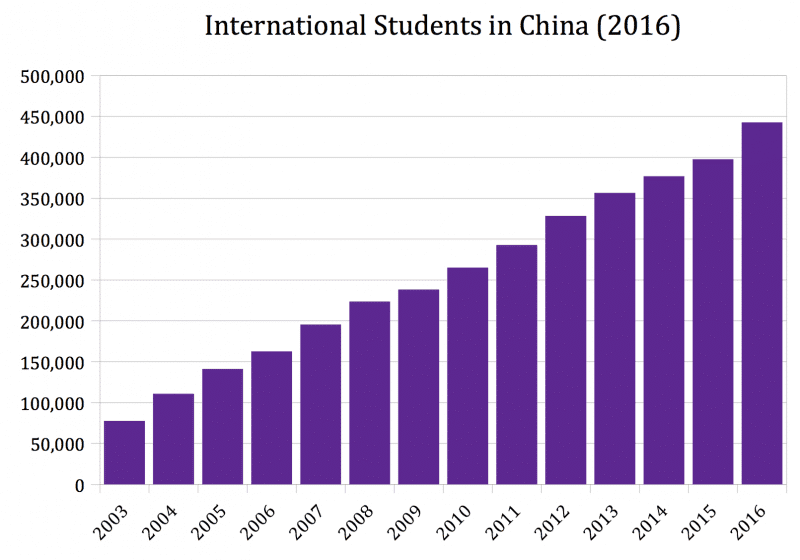Related Articles
Global Report
CHINA: Amity rolls out the welcome mat In one of the most astonishing turns in the always surprising labyrinth of Chinese policy, top Chinese religious officials are shaking out a long-unused welcome mat.
Mapping Church Missions: A Compass for Ministry Strategy
Description: The terrain of church missions is often bewildering. Should we prioritize evangelism or works of service?
Welcoming the Stranger
Presenter: Matthew Soerens, US Director of Church Mobilization, World Relief Description: Refugee and immigration issues have dominated headlines globally recently. While many American Christians view these…
International Students in China: Who Will Reach This Vast and Strategic Yet Invisible Group?
Wearing her hijab, “Mounia” from Yemen heard the gospel and felt the love of God in our international church because of her Rwandan classmate’s invitation and her husband’s permission. Without Arabic or visa for Yemen, instead of flying to Sana’a, we walked two meters to welcome her. From a country with 0.03% evangelicals, could she take the gospel back home?
The Captivity of Third World Churches
Are the consequences of the inpouring of money, material and personnel ultimately beneficial to the Third World churches.



